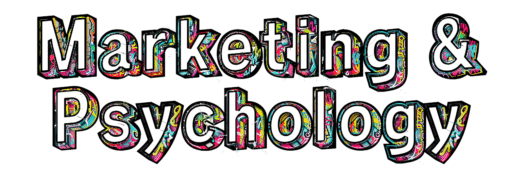Look at me: Narcissism
Some time ago, an interesting article in The Guardian discussed the ‘universal’ need for attention. It’s a simple thesis and an easy way to explain the emergence and popularity of social media. However, the truth is probably a little more nuanced.
I don’t necessarily disagree that we all have a need to ‘belong’ in some way. Perhaps it’s even true to suggest that we’re all narcissistic – to some degree. Evidence suggests though that this need is probably greater in some than others. Universal maybe. Universally high? Probably not.
For some time, psychological research has indicated that narcissism is measurable. The Narcissism Personality Inventory for example allows researchers to assess the level of narcissism through a questionnaire.
It is then possible to correlate narcissism levels to a range of behaviours – including engagement with social media. For example specific research relating to social media suggests that those with higher recorded levels of narcissism [and low self-esteem] are likely to produce more online content (as well as self-promotional content).
What does this mean for marketing? Well the difficulty for marketers is knowing who is narcissistic and who isn’t. Let’s say you’re running a competition that involves posting selfies; who will take part? Analysis of big data from social media platforms though, especially using machine learning, is making personality analysis a reality. In theory then it ought to be possible to identify a narcissitic person and then predict their reaction to your content with some accuracy.
The ethics of this approach to marketing though is a topic for another day…
Photo by Julio Lopez on Unsplash
